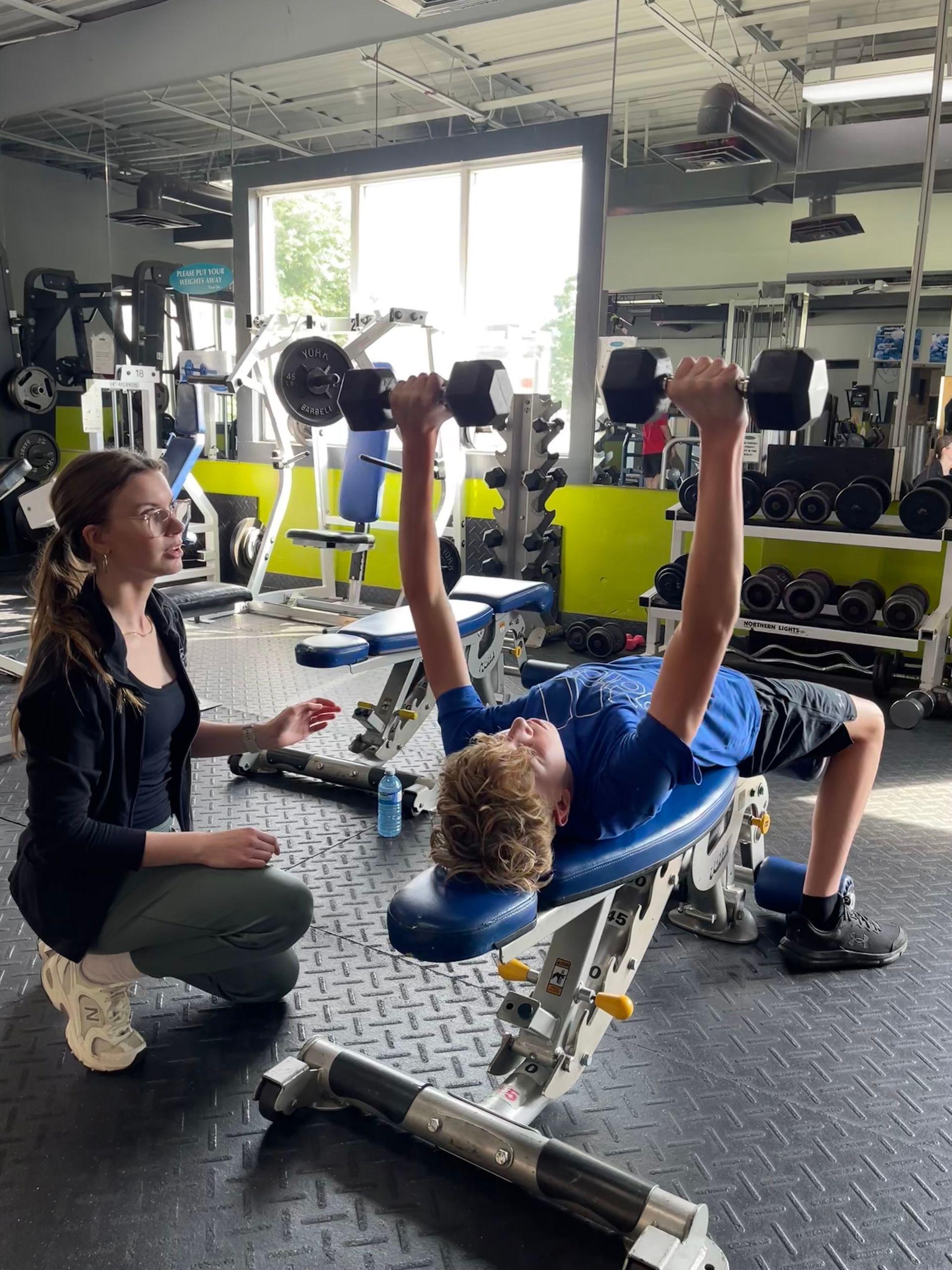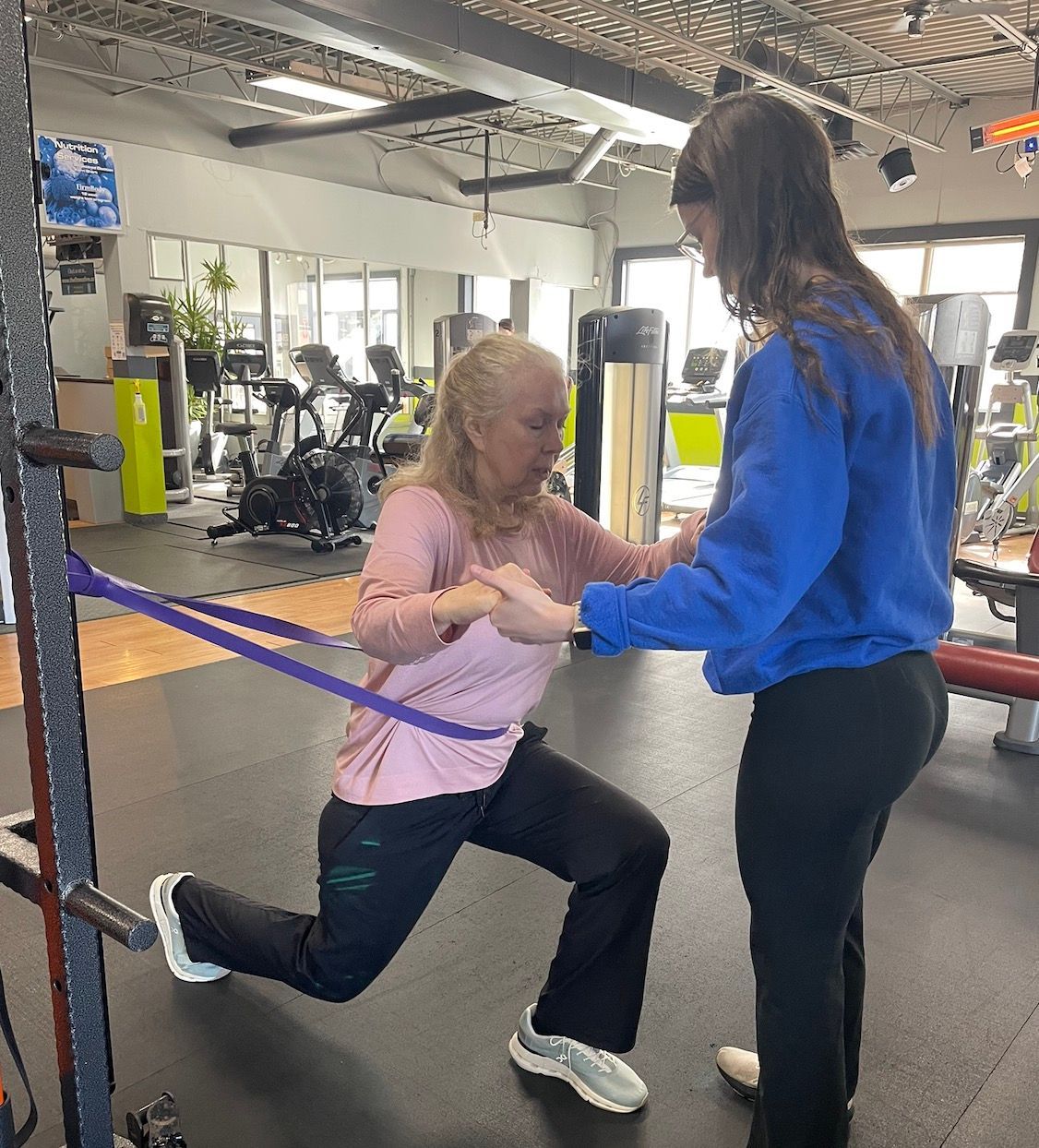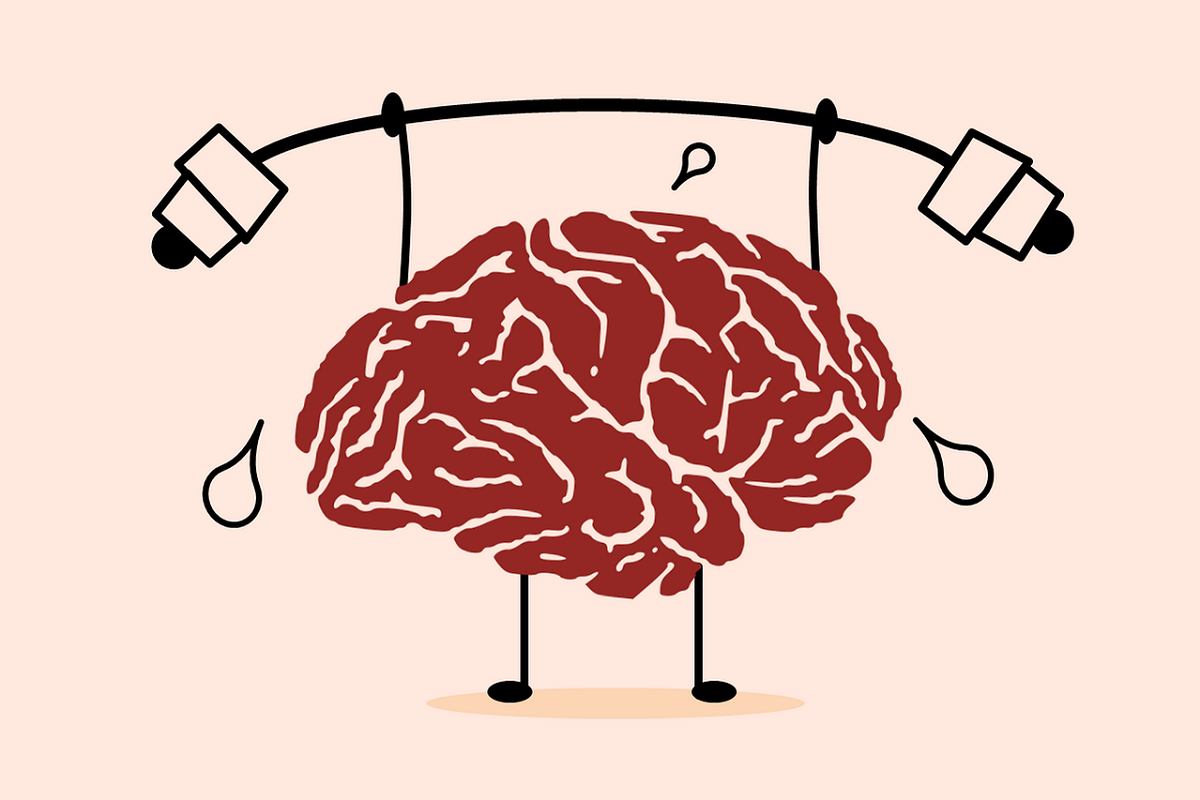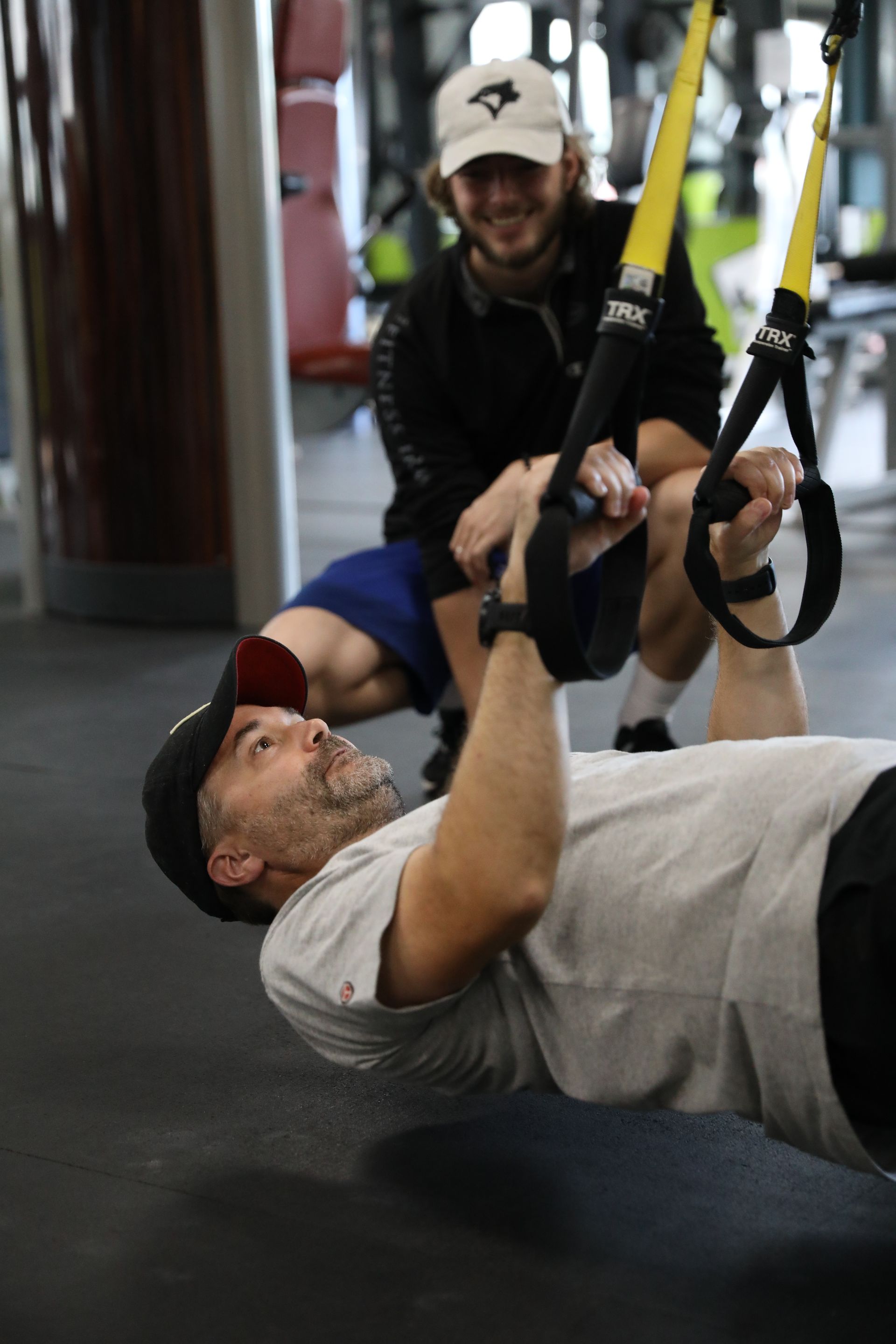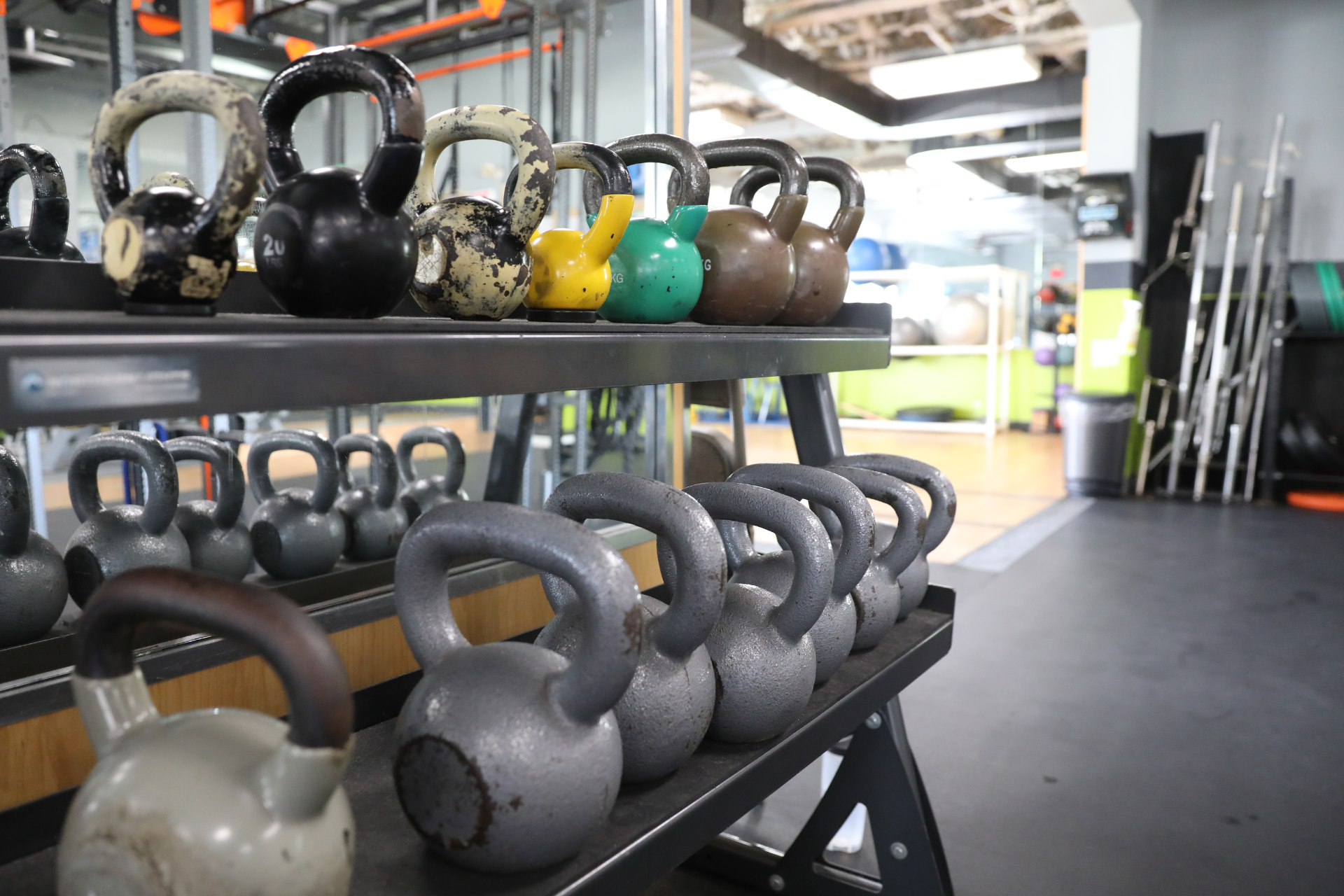Resistance Training… Who Needs It?
Turns out, we all do.
Walk in to most fitness facilities and the first thing that catches your eye are the rows upon rows of cardio equipment - treadmills, stationary bikes, ellipticals, and stairclimbers as far as the eye can see. Most folks spend hours in this area running or walking the equivalent of multiple marathons and climbing to the peeks of Mount Everest day after day, week after week. Although an integral component of overall health and fitness and part of a well-balanced fitness diet, cardiovascular specific exercise is not the be-all and end-all of an exercise routine. Resistance training - using load bearing movements that target specific muscle groups - is a necessary, and often overlooked component of training that helps support weight loss, bone density, joint mobility, balance and coordination, and general health and wellness as we age.
As I continue my fitness journey, I appreciate the benefits resistance training brings to my daily life. As I stretch and strengthen my muscles, I am preparing myself to age well - I want to avoid using a walker, I want to be able to use the toilet independently, access stairs and uneven surfaces without the need for assistance; I want to be able to put on my socks and tie up my shoelaces for as long as I can!
Youth, females, and seniors tend to focus heavily on cardiovascular activities and spend too little time building their knowledge and application of resistance training. It’s important to understand the science and purpose of resistance training in order to quiet any notions that it will make folks “bulky” or negatively impact joint health. In his article, Resistance (exercise) is far from futile: The unheralded benefits of weight training, Stuart Phillips reminds folks, “It’s important to recognize that resistance training does not invariably lead to bulking up, nor does it demand lifting heavy weights. As our team’s research has shown, lifting lighter weights to the point of failure in multiple sets provides equal benefits” (January 2024, The Conversation). When done safely and with good form, resistance training can have significant long-term benefits for both the body and the brain. This is evidenced in Ostertag’s article, Functional Fitness Has Benefits for Women Over 40, PVolve Study Finds (January 2024, Athletech News), “As women enter their late 30s, they experience a decline in lean muscle mass, ranging from 3-8% per decade. There remains a strong culture around high-impact routines and cardio-based workouts, particularly for women. However, strength-focused workouts can help prevent injury risks from falling and generally improve mobility and coordination.”
So, what are you waiting for? Let’s add a little more resistance training to your fitness routine so you can continue to age well. Not sure where to start? Need support with form and technique? Intimidated by all the machines and free weights? Check out our Personal Training options to help you as you get strong!
Faith Minion, MSR, Personal Trainer
The Fitness Firm
Resistance (exercise) is far from futile: The unheralded benefits of weight training
Published: January 1, 2024 9.45am EST
Professor, Kinesiology, Tier 1 Canada Research Chair in Skeletal Muscle Health, McMaster University
Functional Fitness Has Benefits for Women Over 40, Pvolve Study Finds
Published January 17, 2024
Elizabeth Ostertag


